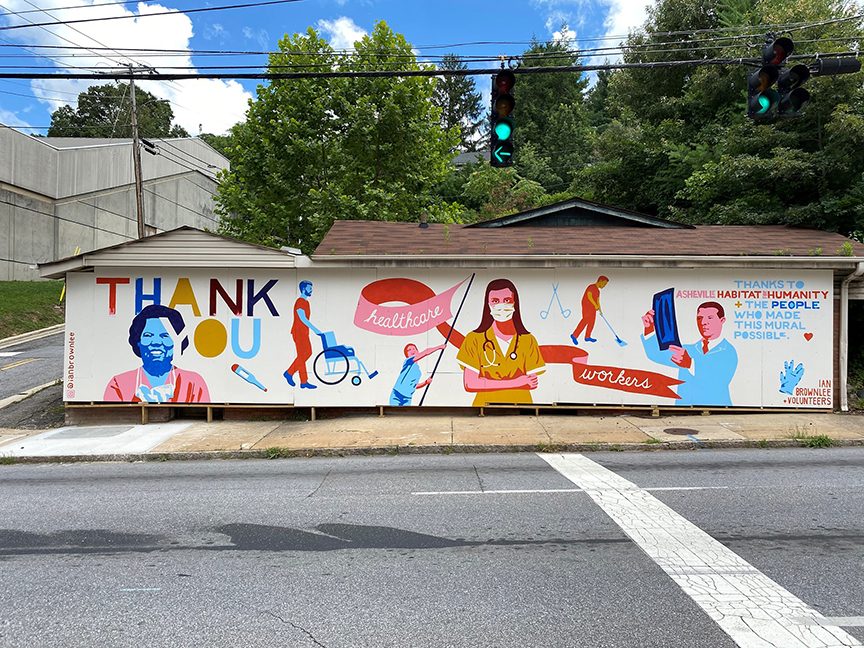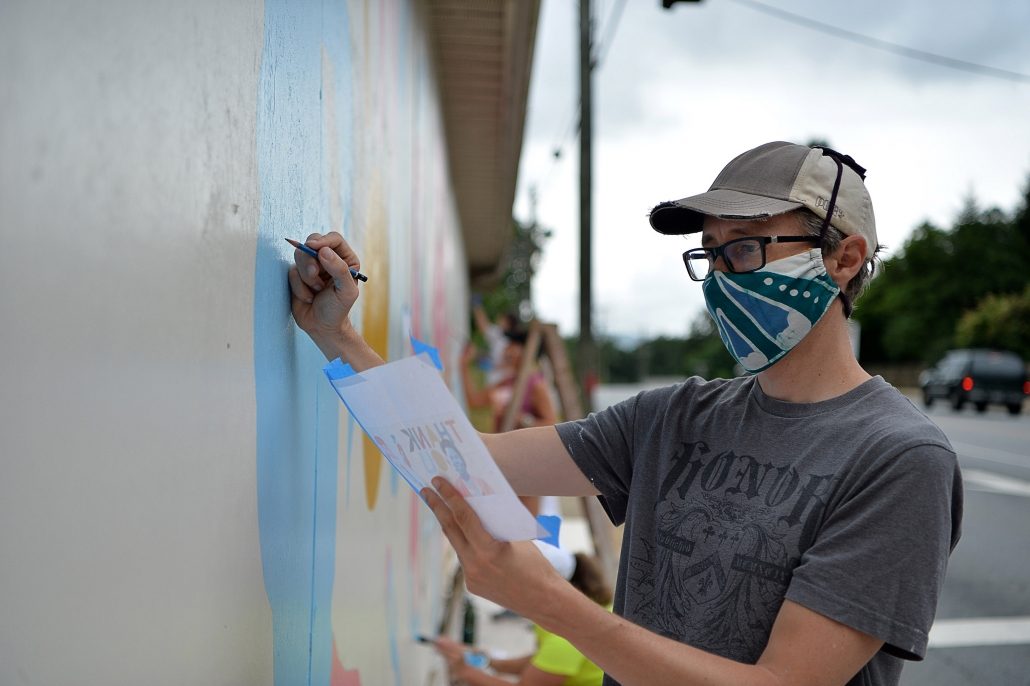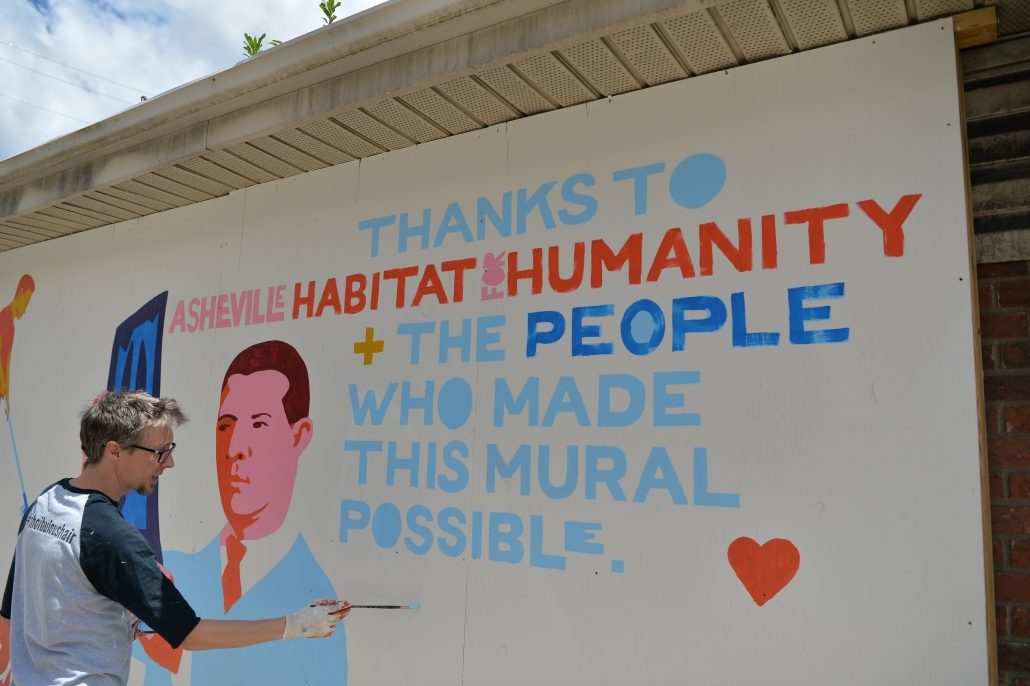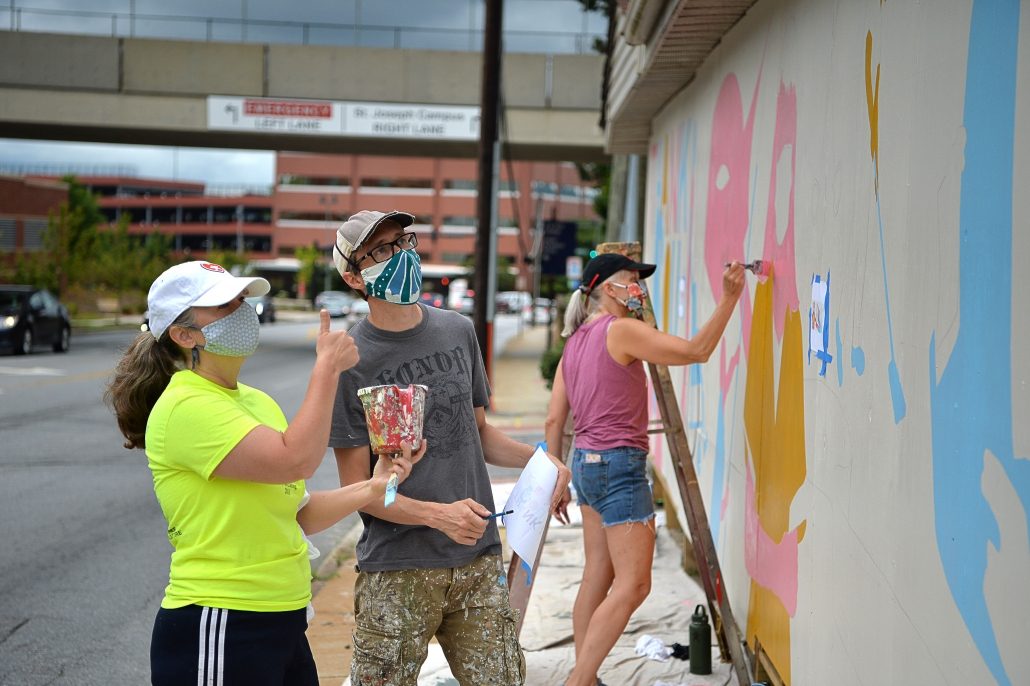Habitat ReStore Round Up: Small Change, Big Impact
Shoppers at the Asheville Habitat ReStores can support more than Asheville Area Habitat for Humanity and affordable housing. Through the Register Round Up program, folks have the opportunity to contribute to the work of a wide range of non-profit organizations meeting myriad community needs. In 2023, thanks to the generosity of shoppers who chose to “round up” at the registers, $24,591 was raised and donated to 11 local non-profits and a Habitat for Humanity disaster response effort. 2023 beneficiaries were:
- Neighbors in Need
- MLK Jr. Association of Asheville & Buncombe County
- Bounty and Soul
- Mutual Aid Disaster Relief
- Sunrise Community for Recovery and Wellness
- Helpmate
- Homeward Bound
- The Mediation Center
- Habitat for Humanity Maui (Wildfires relief efforts)
- Asheville Poverty Initiative
- ABCCM Veterans Restoration Quarters
- The Steady Collective
“It was a big year and your contribution through the Round Up made a huge difference,” shared Aiyanna Foltz, Donor Relations Manager at Bounty and Soul. “We are so thankful to the ReStore and Habitat for Humanity for nourishing so many through the Register Round Up program!”
Kim Klass, Manager of the Weaverville Habitat ReStore and Chair of the ReStore’s Societal Impact Committee noted, “The ReStore provides a conduit; we are pleased to facilitate a connection to non-profits in the area doing good work. It’s the generosity of our shoppers that make this program so impactful. All the small incremental donations – 10, 30, 65 cents – add up to big change.”
In the program’s inaugural year, 2019, $11,717 was raised. Since then, thousands of small sub-$1 donations have cumulatively raised more than $105,000 for community partners.
To see the breadth of the Round Up program’s 2023 impact across the community, click here.





